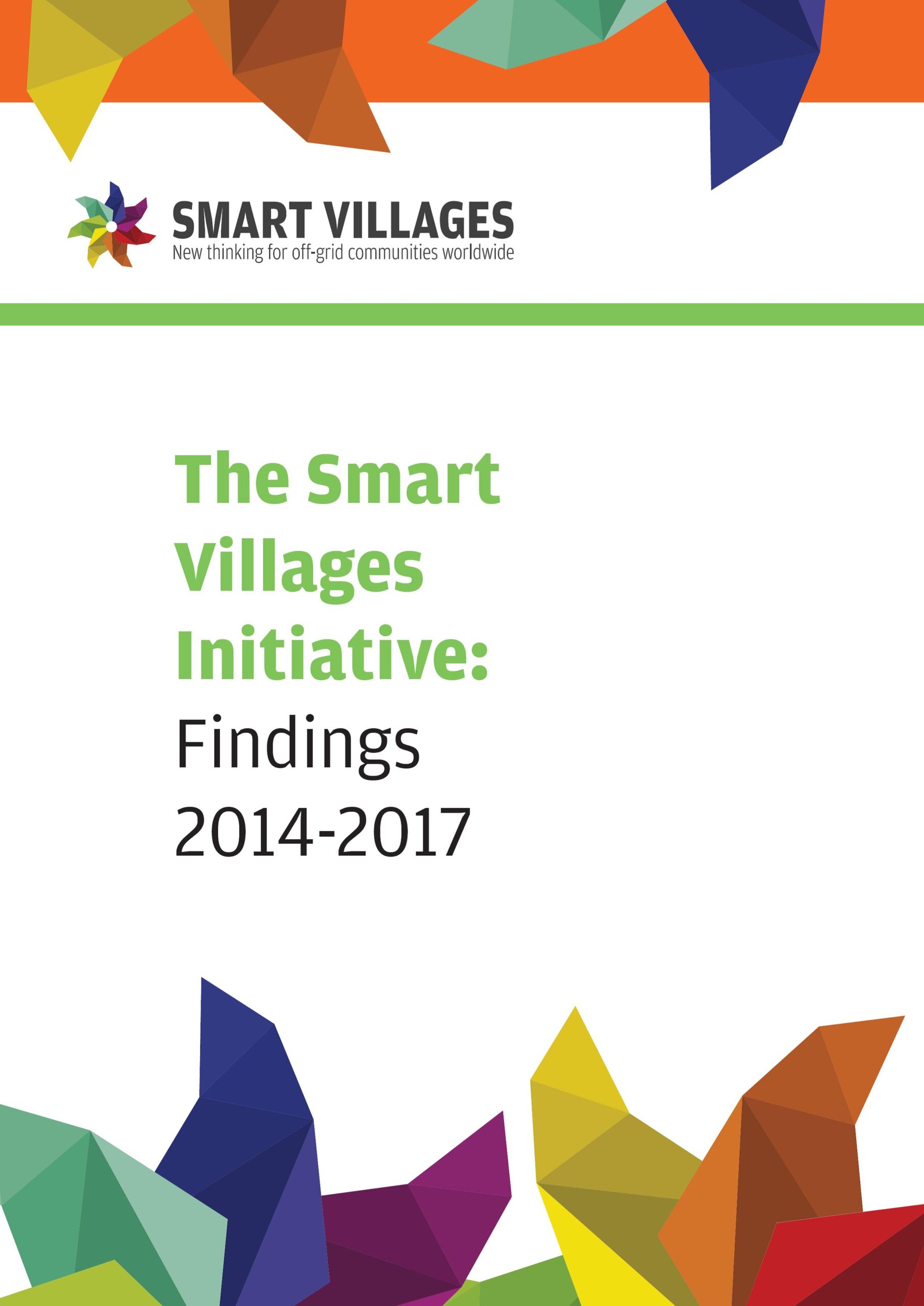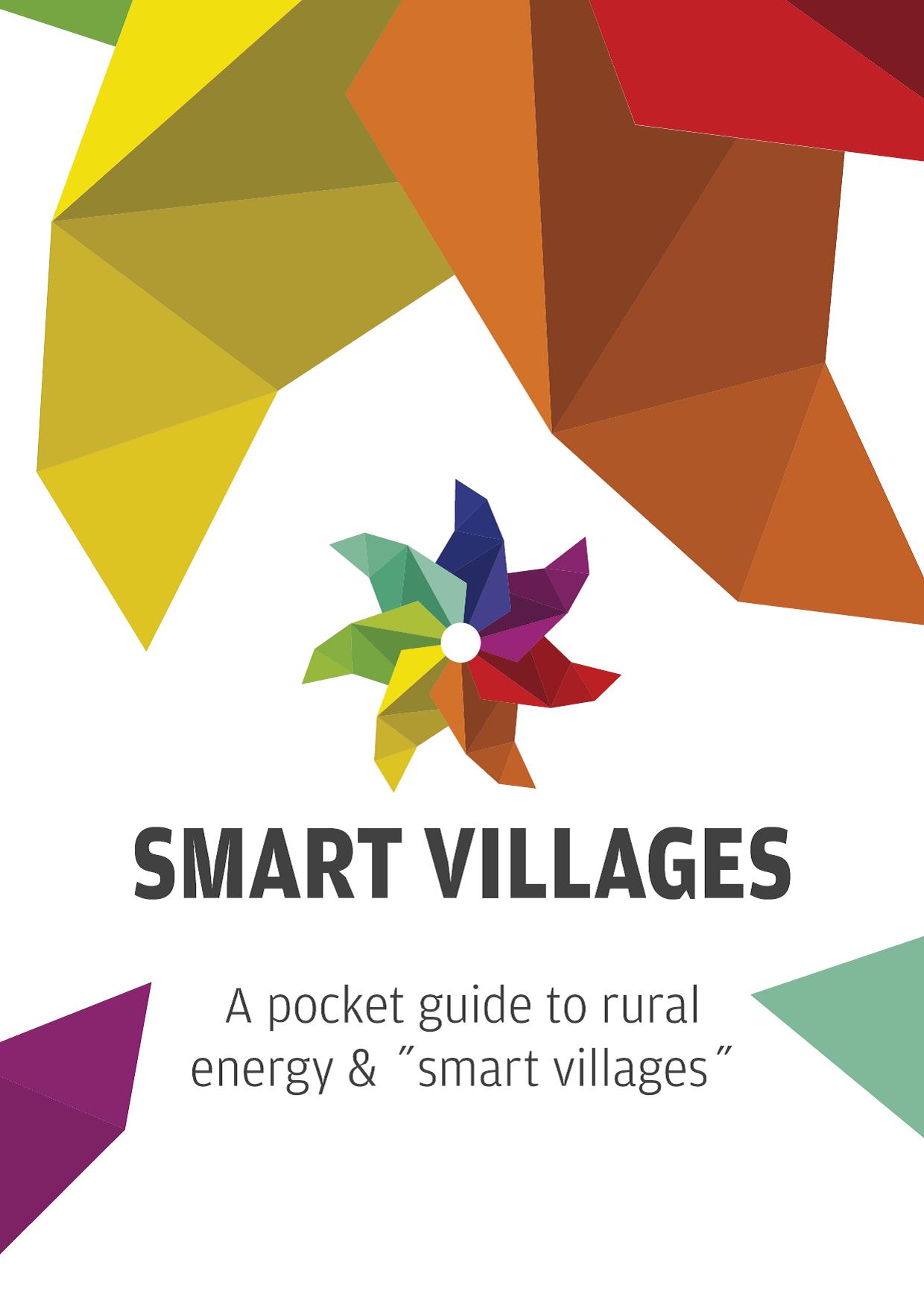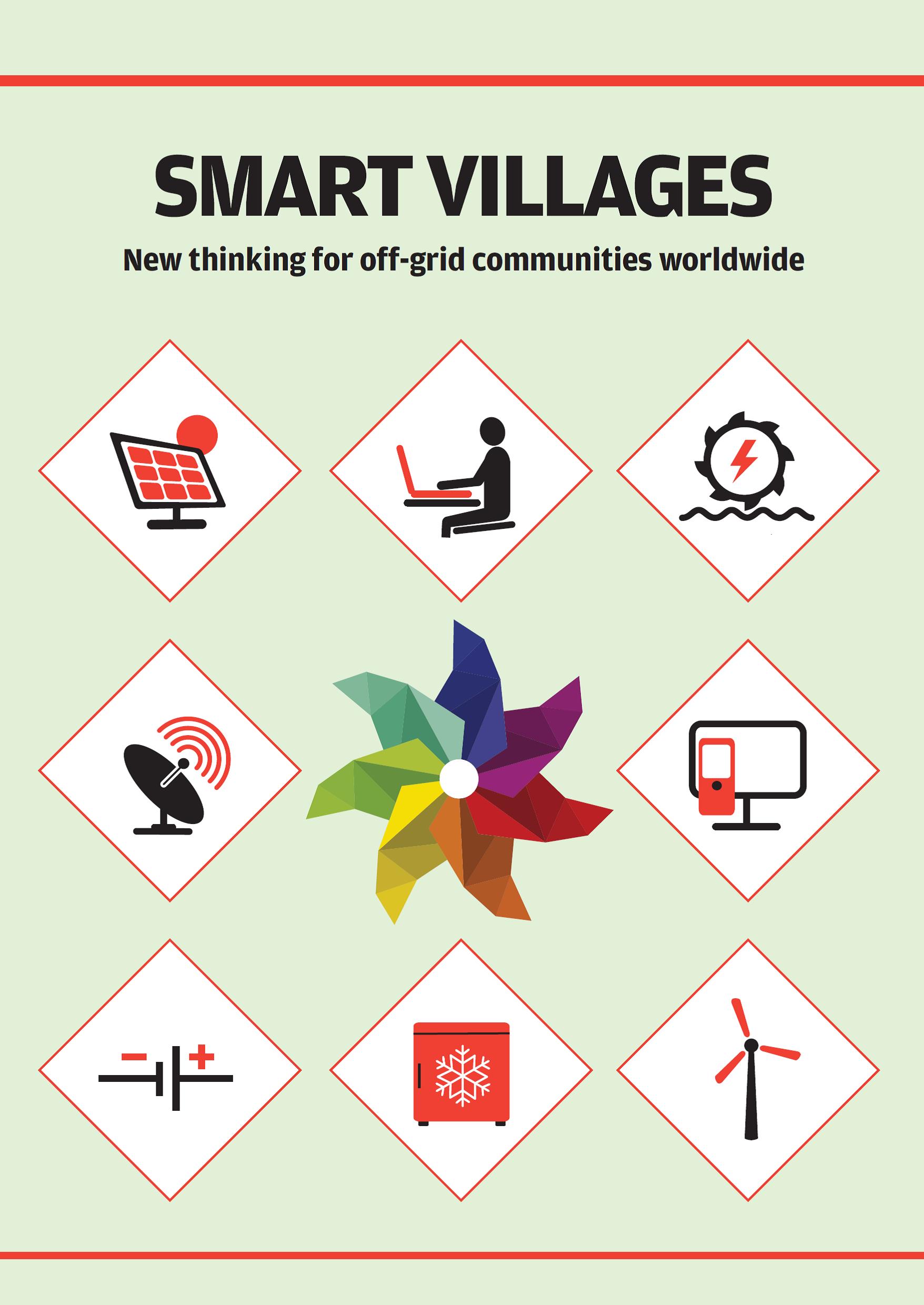The Challenge
Unfortunately it is a fact that, in the world in 2012, a staggering 1.3 billion people had no access to electricity. Now the numbers are better, but still 800 million people face this situation. In addition, 3 billion are still cooking on dangerous and inefficient stoves. Many of them live in remote rural village communities. Until such communities have access to modern energy services, little progress can be made to develop their economies and improve their lives.
Aim
The Smart Villages Initiative aimed to provide policy makers, donors and development agencies concerned with rural energy access with new insights into the real barriers to energy access in villages in developing countries – technological, financial and political – and how they can be overcome. We have chosen to focus on remote off-grid villages, where local solutions (home- or institution-based systems, and mini-grids) are both more realistic and cheaper than national grid extension.
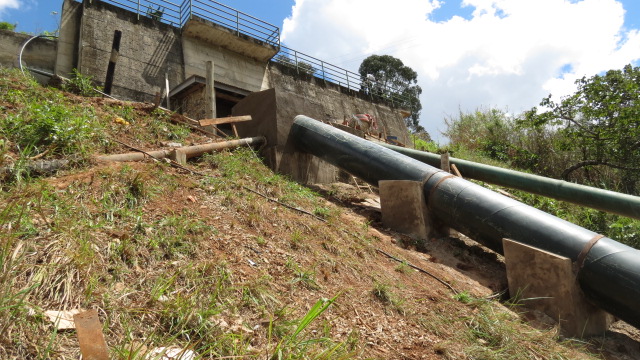
Approach
Over a three year period commencing in 2014, STI4D supported Cambridge-based charitable trust CMEDT in holding workshops and follow-up engagement activities in six regions (East and West Africa, South and Southeast Asia, and Central and South America). These activities bring together a diverse set of players – scientists and engineers, entrepreneurs, villagers and civil society organisations, NGO’s, financiers, policy makers and regulators – who are actively involved in addressing the challenges of village energy for development.
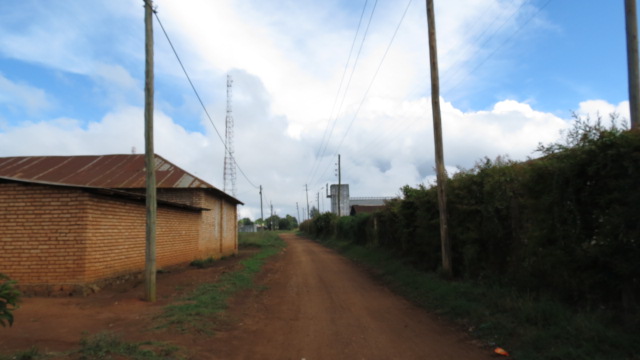
Key Outcomes
In addition to providing the first overall survey of the off-grid sector in the developing world, the Smart Villages Initiative will provide policy makers unique insights on how to:
- Create the framework conditions necessary for entrepreneurs to meet the off-grid energy challenge.
- Ensure that government and donor funding achieve maximum leverage of private sector investment.
- Integrate energy access with other development initiatives.
- Take a community level approach, to maximise social benefit and development impact.
- Catalyse rapid progression through the various levels of energy access.
It is our goal that these outcomes will result in better informed policies and more effective initiatives at national, regional and global levels to progress village energy for development, and to support the UN’s goal of sustainable energy for all by 2030. The final findings and other output documentation are linked below. More information can be found on the Smart Villages website.
